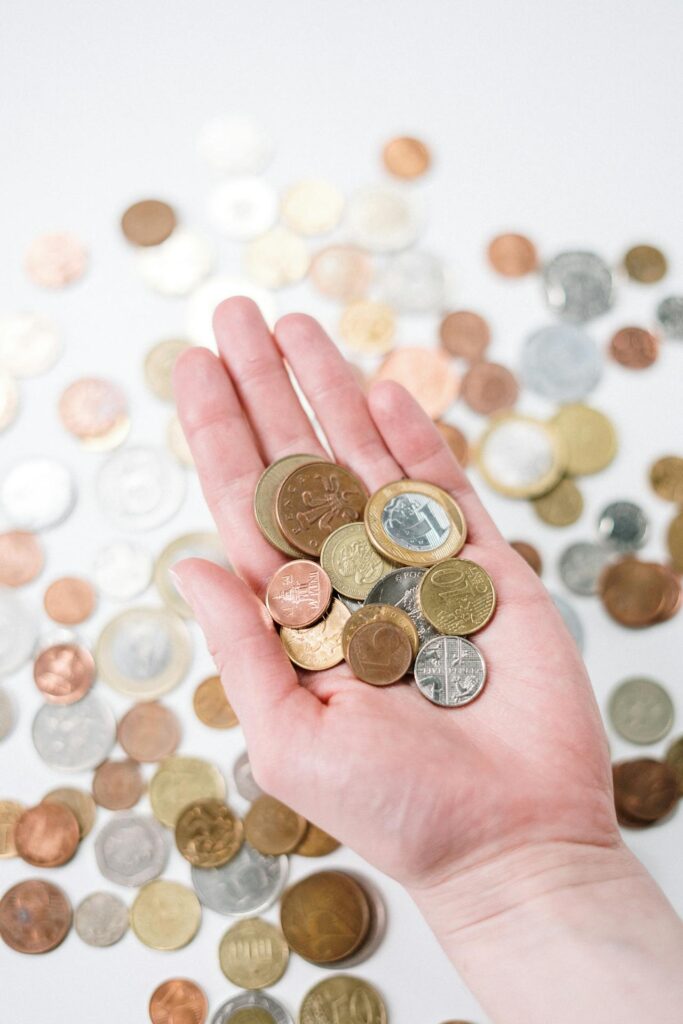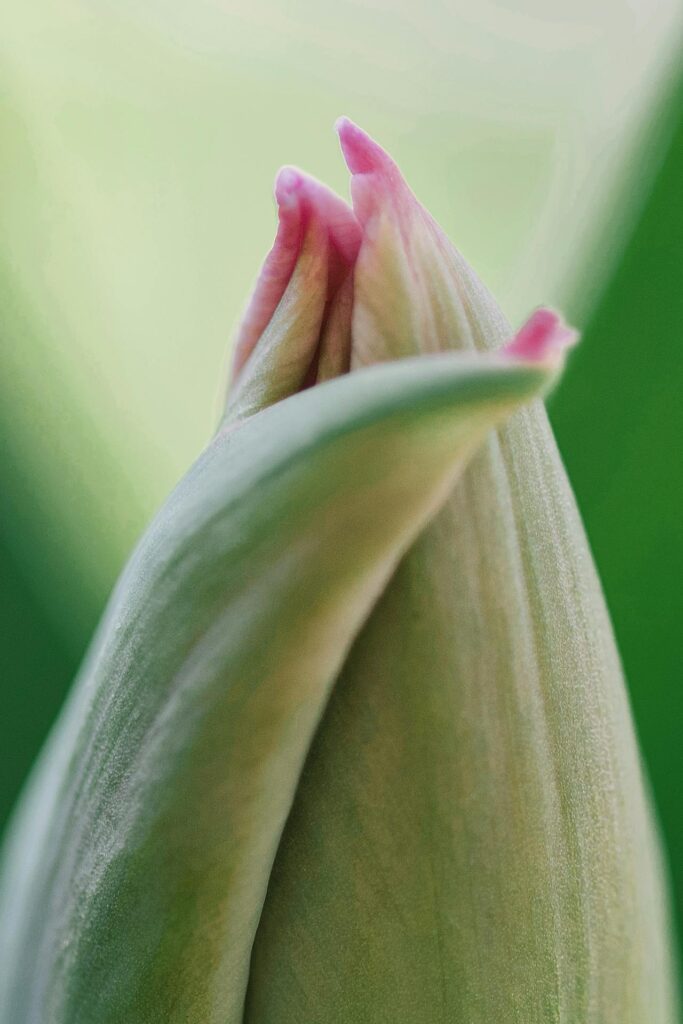Meaning: This idiom means to be very fresh, energetic, and lively, often after rest or sleep. It implies looking or feeling rejuvenated and full of vitality.
Usage in Example Sentences:
- “After a good night’s sleep, she woke up feeling fresh as a daisy.”
- “He arrived at the office looking fresh as a daisy, ready to tackle the day.”
- “Despite the long journey, the children were fresh as daisies and eager to explore.”
Origin: The origin of the idiom “fresh as a daisy” comes from the natural freshness and vibrancy of daisies, which are known for opening their petals in the morning and appearing bright and lively. The phrase likens a person’s rejuvenated state to the freshness of a daisy. It has been used in English since at least the 19th century to describe someone who appears well-rested, energetic, and ready to face the day, just as a daisy looks fresh and vibrant when it blooms in the morning.









